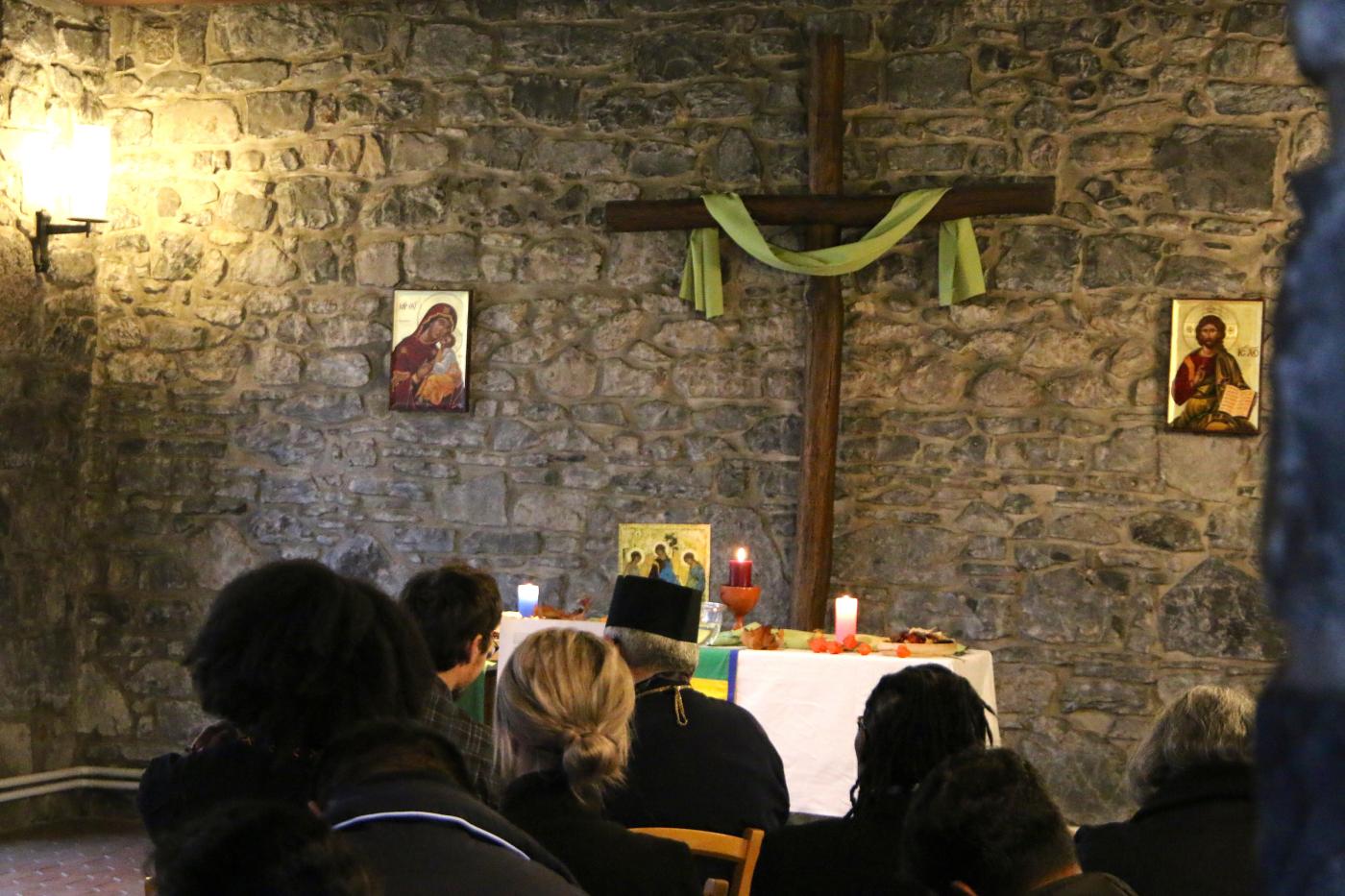It was pertinent to reflect on this theme as my fellow students and I reach the end of our semester at Bossey. Looking backwards, our life here has been one in which we have sought through prayer, study and community life, to abide in Christ’s love. And looking forwards, as many of us prepare to fly home, we are beginning to ask where and how God will bear fruit from our experiences of the last five months.
As I reflect on those experiences, and my experience of this year’s Week of Prayer for Christian Unity, I am struck that the fruits God is already bearing forth in us are his gifts of renewed strength and renewed urgency.
Part of the purpose of life at Bossey is to form and inspire future ecumenical leaders, strengthening us for the task ahead, that we might in turn strengthen and inspire others. In this Week of Prayer for Christian Unity, and particularly through its theme, God has granted us anew this gift of strength. Jesus’ words in John 15 empower us to recognise our place in the great vine that is his Body, the church. Monday’s services reminded me that whilst I may be a small and apparently insignificant branch on that vine, I am invited to bear fruit by remaining rooted in the church and thereby in Christ. In the pursuit for visible unity, by God’s grace, we find the strength to bear that visible unity to fruition.
However, the task ahead of us is great. And so, I was thrilled to be moved at Monday’s services, by a strong sense of the gift of urgency. H.B. Archbishop Prof. Dr Anastasios (of Tirana, Durrës, and all Albania)’s words resonated strongly with me, in particular his prayer that “mere co-existence may be transformed into true union in Christ.” And then as I participated online at Vespers, I noticed with fresh eyes the significance of Cardinal Kurt Koch (president of the Pontifical Council for Promoting Christian Unity), Bishop Atanasie of Bogdania (Episcopal Vicar of the Romanian Orthodox Diocese of Italy) and the Rt. Rev. Archbishop Ian Ernest (the Archbishop of Canterbury’s representative to the Holy See) giving the blessing alongside each other at the end of the service. To stand together and bless is a significant place to have reached in the ecumenical movement. But this remains co-existence. Archbishop Ernest, from my own tradition, could not have given that blessing on his own. And so, as I watched this important moment on the path to mutual recognition, Archbishop Anastasios’ words rang in my ears: that “mere co-existence may be transformed into true union in Christ.” Urged on by all the good fruits of co-existence I found myself re-inspired to pursue the even richer fruits of communion.
It’s these gifts of strength and urgency which will stay with me, long after this year’s Week of Prayer for Christian Unity has slipped out of memory. My hope is that they will continue to inspire all of us in prayer and urge us all to action, as we abide in Christ’s love and pursue in his grace the riches of his fruits.







